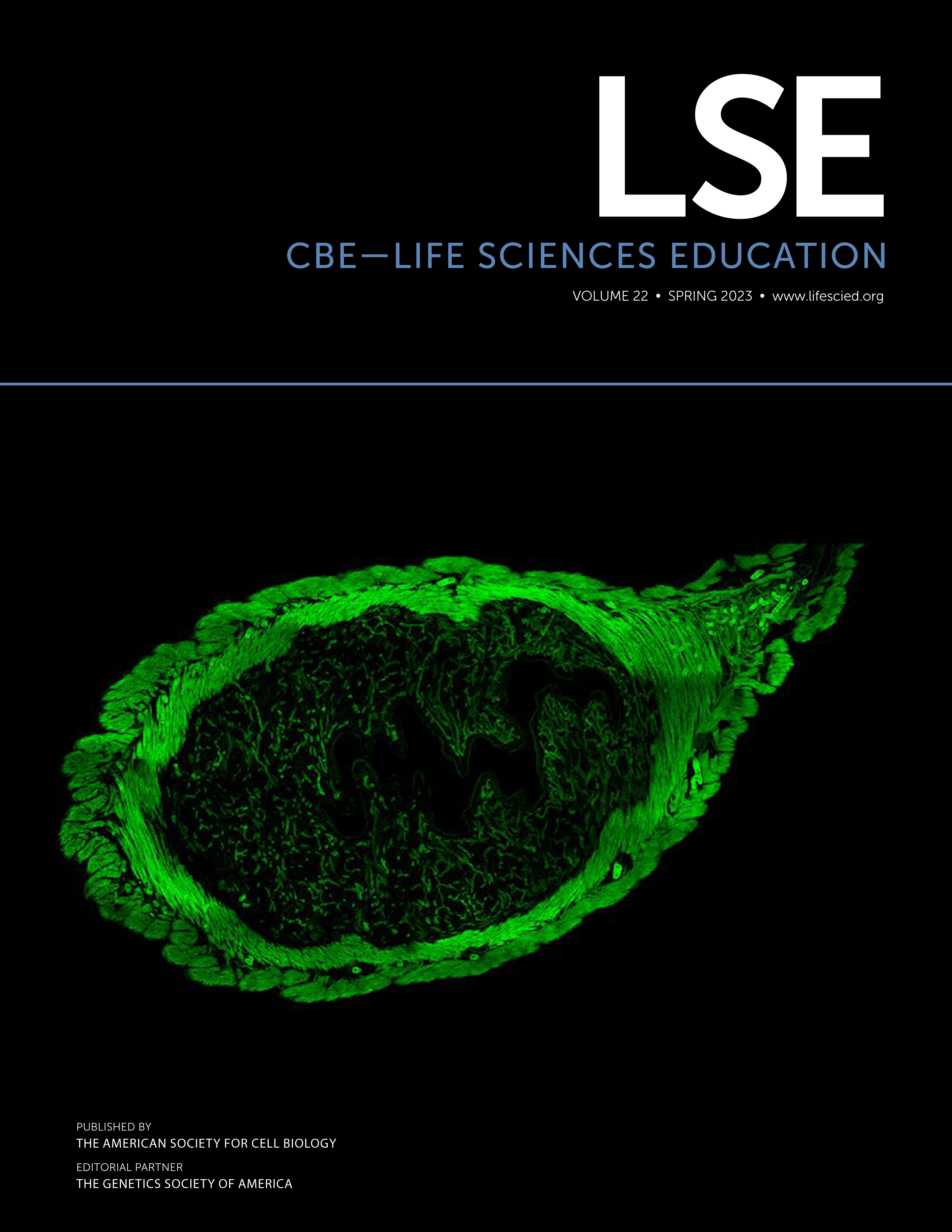Exploring the Complementarity of Measures of Instructional Practices
Abstract
The assessment of instructional quality has been and continues to be a desirable, yet difficult endeavor in higher education. The development of new teaching evaluation frameworks along with instruments to measure various aspects of teaching practices holds promise. The challenge rests in the implementation of these frameworks and measures in authentic settings. Part of this challenge is for instructors, researchers, and administrators to parse through and select a meaningful set of tools from the plethora of existing instruments. In this study, we aim to start clarifying the landscape of measures of instructional practice by exploring the complementarity of two existing instruments: the Classroom Observation Protocol for Undergraduate STEM (COPUS) and the Learner-Centered Teaching Rubrics (LCTR). We collected classroom observations and course artifacts from 28 science instructors from research-intensive institutions across the United States. Results show the need to use both instruments to capture nuanced and comprehensive description of a faculty member’s instructional practice. This study highlights the messiness of measuring instructional quality and the need to explore the implementation of teaching evaluation frameworks and measures of instructional practices in authentic settings.



